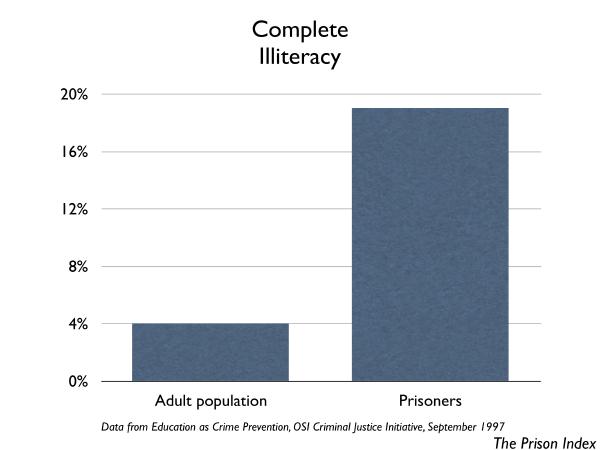Archie’s PTSD
December 1, 2021
According to PTSD United, nearly 70% of adults in the US have experienced a traumatic event at least once in their lifetime (which is about 223.4 million people). About 3.5% of those adults proceed to develop Post Traumatic Stress Disorder, also referred to as PTSD. Officially recognized in 1980 as a mental disorder, PTSD can be caused or triggered by his or her trauma, abuse, assault, military combat, terrorist attacks, and natural disasters. Though everyone’s mind and body react with a flight or fight response during traumatic events, people with PTSD still continue to have many problems long after the accident has passed. It is possible to treat or monitor symptoms through therapy, counseling, and medication.
One of the main characters on Riverdale, Archie Andrews, experienced PTSD after witnessing his father getting shot in a local diner. Archie becomes obsessed with trying to find the man who almost took his father’s life. He becomes vengeful, emotional, frightened, and angry. He starts acting aggressive and violent toward others. Archie has hallucinations and flashbacks about the shooter, is constantly on edge and feels hyper-vigilantly. Instead of sleeping, Archie started to abuse supplements and high-caffeine drinks so that he could stay awake all night to possibly catch the shooter.
Re-experiencing symptoms and recurring flashbacks affected Archie’s life in a negative way. His obtrusive feelings and thoughts made him feel powerless and out of control, as each trigger took him back to the state where he felt the event was happening again. Archie had flashbacks, nightmares where his trauma of his father getting shot happened again, and sensations of sounds and smells that triggered his PTSD. He also started to avoid people in his life because he wanted to actively avoid situations that reminded him of his trauma.
As a result of the trauma, some individuals with PTSD can experience structural changes in the brain and could have impacted levels of neurotransmitters such as cortisol and norepinephrine. The cognitive changes can really impact quality of life, making individuals feel depressed and listless. They may not be interested in previous hobbies and may get stuck in an anxious or sad mood that can’t be shaken. After Archie recovered, he was not the same person. He became more of a dark, realistic person compared to his old, fun self. Furthermore, these effects can potentially lead people to feel detached and not able to relate to ordinary life.











